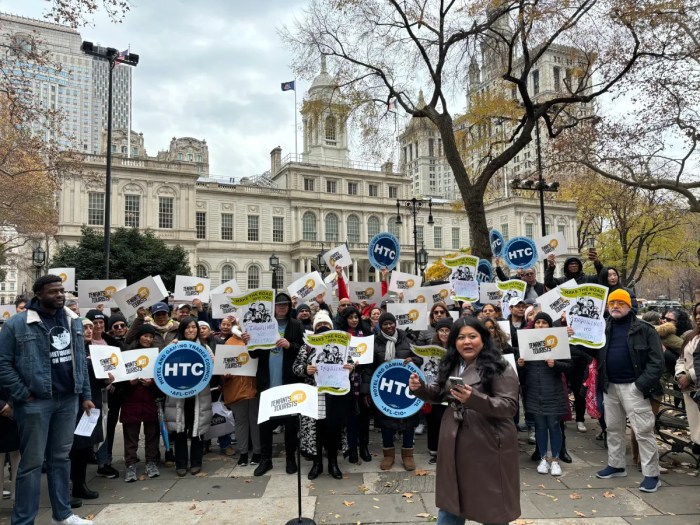By Joe Anuta
A former Flushing High School student has become the center of a debate over the National Security Agency’s secret surveillance programs.
In 2010, Najibullah Zazi pleaded guilty in federal court to hatching a plot to bomb New York City subways with two of his former classmates.
Now the Obama administration is crediting the former Queens resident’s arrest to a wide-reaching and controversial surveillance program, the existence of which was leaked to two newspapers last week.
The Washington Post and the British newspaper The Guardian were both provided information from a former NSA contractor named Edward Snowden about the classified programs, which are authorized by Congress.
As the fallout grows from revelations the NSA is collecting e-mail records from several major American Internet companies, in addition to an older program that sweeps phone records of millions of Americans authorized by the Patriot Act, the Obama administration is using Zazi to justify the privacy intrusion, the Associated Press reported.
Administration officials Tuesday were disseminating recently declassified documents in Washington detailing how the bomb plot was foiled by using the Internet monitoring program called Prism, which has been in existence for years, according to AP.
In 2009, Zazi, who had been trained by members of al-Qaeda, sent an e-mail to a rarely used account belonging to a known terrorist, AP reported.
The administration had been tracking the operative’s IP address and, using Prism, traced the origins of the e-mail back to Zazi, officials contend.
Zazi had been living in Colorado, and by the time he reached New York City in the summer of 2009 law enforcement officials were aware of his plans and foiled the plot. High school classmate Zarein Ahmedzay also pleaded guilty in 2010, while Adis Medunajin was convicted last year.
But just how instrumental Prism was in preventing the attack is questionable, according to the AP report, which points out the e-mail exchange between the former Flushing resident and the al-Qaeda operative could have been easily intercepted without the program.
The FBI regularly monitored e-mail addresses of suspected terrorists before the programs existed, AP said, the only difference being that investigators had to obtain a warrant.
U.S. Reps. Joseph Crowley (D-Jackson Heights), leader of the borough’s congressional delegation, and Grace Meng (D-Bayside), whose district includes Zazi’s former home, both said the nation needs to find a balance.
Crowley is concerned about wide-ranging surveillance, which is why he opposed extending the Patriot Act, according to a spokeswoman, but as a New Yorker is extremely concerned about national security. Meng said she would look closely to ensure that balance is struck.
In addition to circulating the talking points about the Zazi case, Obama himself has attempted to quell the outrage expressed by many in the wake of the leak.
Last week, he assured reporters that no one was listening to telephone calls, but rather tracking data such as number and call duration in an attempt to establish a pattern should any of the activity be linked to suspected terrorism. To actually listen to the calls, the administration would have to obtain permission from a judge, he said.
“I think it’s important to recognize you can’t have 100 percent security and also 100 percent privacy and also zero inconvenience. We’re going to have to make some choices as a society,” the president said June 7.
The American Civil Liberties Union filed a suit against the administration Wednesday.
Reach reporter Joe Anuta by e-mail at januta@cnglocal.com or by phone at 718-260-4566.





































